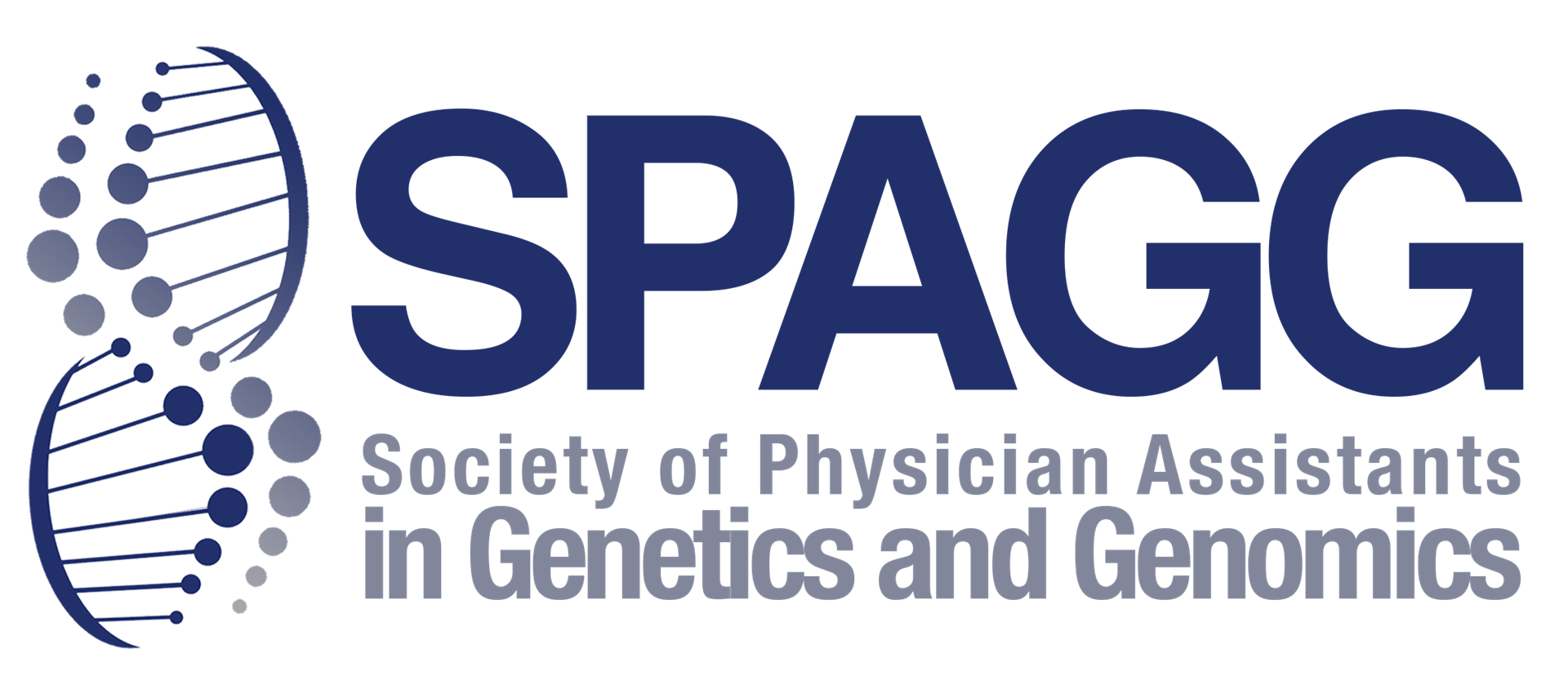The American Academy of Physician Assistants (AAPA) is the national organization for PAs, representing more than 123,000 PAs across all medical and surgical specialties in all 50 states, the District of Columbia, U.S. territories, and the uniformed services. AAPA advocates and educates on behalf of the profession and the patients PAs serve. |
The National Commission on Certification of Physician Assistants (NCCPA) is the certifying organization for PAs. NCCPA is dedicated to assuring the public that certified PAs meet established standards of clinical knowledge and cognitive skills upon entry into practice and throughout their careers. |
The Physician Assistant Education Association (PAEA) is the national organization representing PA education. Currently, all of the accredited programs in the country are members of the Association. PAEA provides services for faculty at its member programs, as well as to applicants, students, and other stakeholders. |
The Physician Assistant History Society (PAHx) is dedicated to the history and legacy of the PA profession through the identification and collection of appropriate papers, manuscripts, magazine and newspaper clippings, newsletters, reports, dissertations, oral histories, and visual artifacts, such as films, slides, videos, photographs, and digital images. |
The Accreditation Review Committee on Education for the Physician Assistant (ARC-PA) is the accrediting agency of PA educational programs. The ARC-PA protects the interests of the public and PA profession by defining the standards for PA education and evaluating PA educational programs to ensure their compliance with those standards. |





